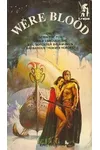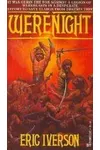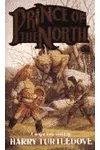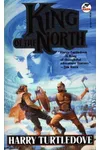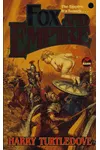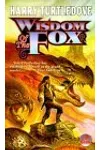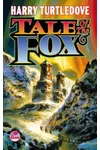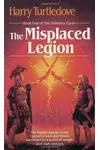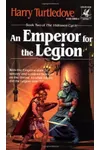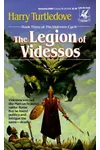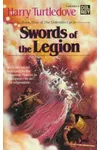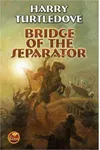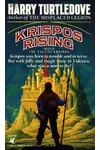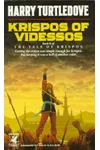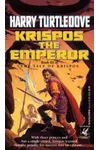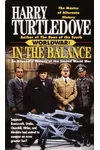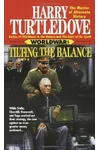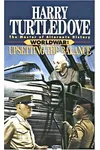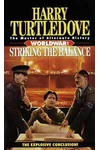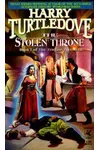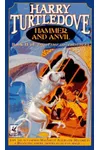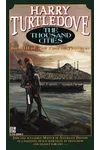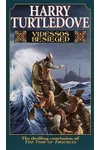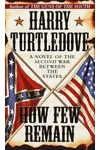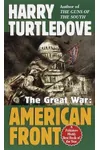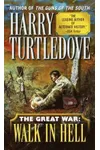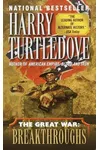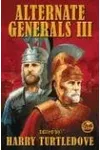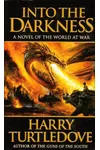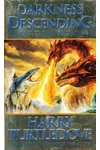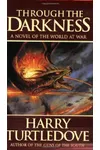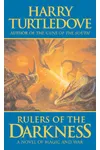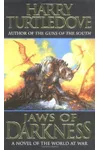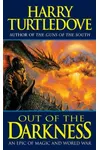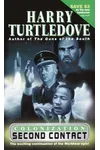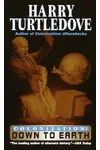Picture an American storyteller who spins history into mind-bending 'what-ifs'—meet Harry Turtledove, the Master of Alternate History! Born in 1949, Turtledove has captivated readers with novels that reimagine pivotal moments, from Confederate victories to alien invasions during World War II. With a Ph.D. in Byzantine history and a knack for blending scholarship with storytelling, he’s crafted a legacy that invites us to rethink the past.
His work, spanning alternate history, science fiction, and fantasy, has earned him Hugo and Nebula awards, cementing his place as a genre titan. Ready to dive into worlds where history takes a wild turn? Let’s explore Turtledove’s life and legacy!
The Making of Harry Turtledove
Born on June 14, 1949, in Los Angeles, California, Harry Norman Turtledove grew up in Gardena, the son of Romanian Jewish immigrants. His early love for history led him to UCLA, where he earned a Ph.D. in Byzantine history in 1977, focusing on the period 565–582. Initially, he wrote under pseudonyms like Eric Iverson, as publishers doubted readers would believe his real name! By 1979, Turtledove began publishing fantasy novels, but his passion for history soon steered him toward alternate history, where he’d make his mark.
Harry Turtledove’s Unforgettable Stories
Turtledove’s novels are like history lessons with a twist, blending meticulous research with bold imagination. His Southern Victory series (also called Timeline-191) spans eleven books, starting with How Few Remain (1997). It imagines a world where the Confederacy wins the Civil War in 1862 after Union soldiers miss a crucial order, leading to decades of conflict up to the 1940s. The series, praised for its vivid characters and gritty realism, won the Sidewise Award for Alternate History.
Equally gripping is the Worldwar series, where aliens invade Earth in 1942, forcing Axis and Allied powers to unite. Spanning eight books, including In the Balance (1994), it explores humanity’s resilience and moral dilemmas, earning a Sidewise Award nomination. Turtledove’s style—rich with historical detail, multi-perspective narratives, and a military focus—makes his worlds feel hauntingly plausible. Other notable works include The Guns of the South (1992), where time-travelers arm the Confederacy with AK-47s, and Ruled Britannia (2002), a Shakespearean alternate history that also won a Sidewise Award.
His ability to weave real historical figures like Abraham Lincoln or Theodore Roosevelt into altered timelines adds depth, while his playful use of pseudonyms (H.N. Turteltaub, Dan Chernenko) shows his versatility across genres. Turtledove’s stories don’t just entertain—they challenge readers to ponder history’s fragility.
Why Harry Turtledove Matters
Turtledove’s impact on alternate history is monumental, bringing the genre into the mainstream with his accessible yet scholarly approach. His novels, often compared to Tom Clancy’s for their intricate plotting, have inspired a cult following and influenced writers exploring speculative history. By tackling themes like war, prejudice, and resilience, he invites readers to reflect on our world’s choices. Publishers Weekly dubbed him the Master of Alternate History, a title he’s earned through decades of innovative storytelling.
Beyond books, Turtledove’s legacy includes fostering curiosity about history’s turning points. His work resonates with readers who love to ask, 'What if?'—from casual fans to history buffs. At 75, he continues to write, proving his imagination knows no bounds.
About Harry Turtledove
- Born: June 14, 1949, in Los Angeles, California
- Key Works: Southern Victory series, Worldwar series, The Guns of the South, Ruled Britannia
- Awards: Hugo Award (1994), Sidewise Awards (1998, 2003), Prometheus Award (2008)
- Fun Fact: He’s written under pseudonyms like H.N. Turteltaub, meaning 'turtle dove' in Yiddish!
Snag How Few Remain or In the Balance and dive into Harry Turtledove’s thrilling alternate histories! Your next favorite 'what-if' adventure awaits.
